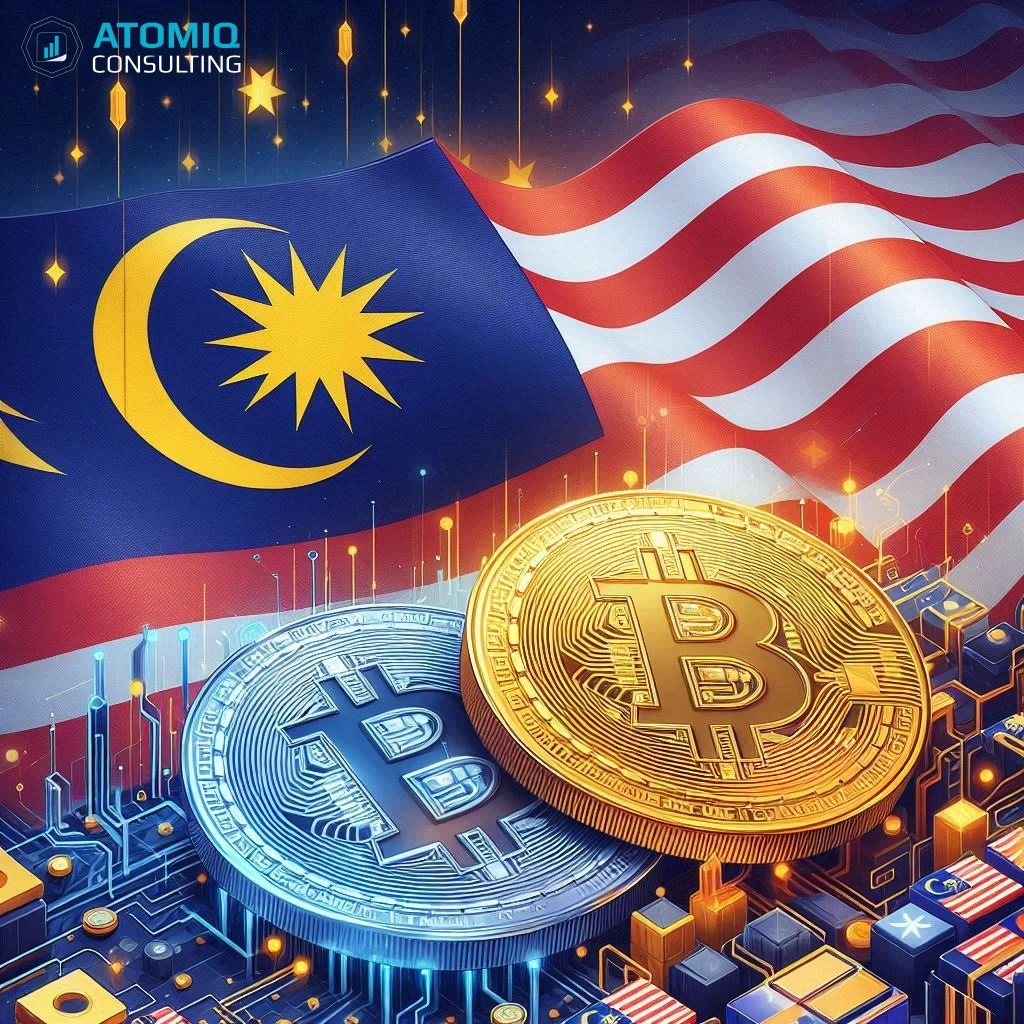The Crypto Dilemma: Curiosity Without Commitment
Malaysia crypto payment adoption: Let’s be honest — Malaysia’s stance on crypto payments is like that friend who’s clearly interested but terrified of making the first move. We’re curious, watching from the sidelines, dipping our toes in, but not quite ready to jump in.
Crypto trading? Sure, we’ve legalized that — with some hoops to jump through. But using crypto to pay for things? That’s still a no-go.
So here’s the real question: Will Malaysia ever adopt crypto payments in a meaningful way?
Short answer? Maybe.
Long answer? Let’s break it down.
The Regulatory Dance: One Step Forward, Two Steps Back


Malaysia hasn’t banned crypto. That’s already more than some countries can say. The Securities Commission (SC) recognizes exchanges like Luno and Tokenize, and that’s a solid win.
But Bank Negara Malaysia (BNM)? It’s not budging on the big one: crypto isn’t legal tender. Translation? You can’t legally stroll into a mamak and pay for your teh tarik with Bitcoin.
Instead, BNM’s flirting with a CBDC — a Central Bank Digital Currency. Sounds futuristic, right? But let’s not kid ourselves. A CBDC isn’t about decentralization or freedom — it’s a government-issued, tightly controlled digital ringgit. Safe? Sure. But it’s the opposite of what crypto purists dream of.
Businesses Are Moving Anyway — Quietly


Here’s what’s actually exciting: Malaysian businesses aren’t all waiting for permission.
Some cafés and niche shops already accept crypto — usually via third-party platforms that convert the funds to ringgit in real time. It’s low-key, under-the-radar adoption. But it’s happening.
And guess who’s driving this shift?
Young Malaysians.
People who don’t want to dig for loose change or swipe a card — they want to scan a QR code with their crypto wallet and move on with life.
Meanwhile, our fintech sector is booming. E-wallets like Touch ’n Go are already changing the game. If they ever decide to plug in crypto support? That could be a turning point.
Malaysia crypto payment adoption: Why the Crypto Hype?
Let’s not pretend the excitement is all hype. There are legit reasons Malaysians are intrigued by crypto payments:
- It’s fast and borderless — ideal for a globally connected population.
- People already invest in crypto, so why not spend it too?
- We follow global trends, and countries like El Salvador are already there.
- Some don’t fully trust traditional finance, especially when inflation bites.
It’s not about tearing the system down — it’s about having options.
But Let’s Be Real — There Are Roadblocks


Not everyone’s sold on the crypto dream. And honestly? They’ve got a point.
- Volatility is brutal. Imagine your lunch costing RM10 one day and RM14 the next.
- Crypto isn’t well-regulated, and scams are everywhere.
- The tech isn’t simple enough. Wallet addresses, gas fees… it’s confusing.
- And the rules? Fuzzy at best. Most businesses don’t want to risk legal heat for accepting crypto.
Until these hurdles are cleared, crypto payments in Malaysia are going to stay niche.
Malaysia crypto payment adoption: So… Will We Ever Get There?
Here’s my take: We’ll get there — but not soon.
Not this year. Probably not next year either. But give it a decade, and we could be living in a Malaysia where crypto payments are as normal as scanning a QR code at 7-Eleven.
It all depends on whether:
- Regulators can loosen the reins without losing control,
- Tech companies can make it foolproof,
- And the public can be educated, not just hyped.
Until then? Expect to see a quiet crypto underground — a few trailblazers testing the system before the government dares to.
Malaysia crypto payment adoption: Final Thoughts- The People Move First

Here’s the truth no one in a suit wants to admit: sometimes the people lead, and the laws follow.
That’s what we’re seeing now in Malaysia. Slow, cautious regulation. Quiet, experimental adoption. And a growing generation that’s comfortable taking a few financial risks if it means convenience and control.
Crypto payments might still be a whisper in official policy, but on the ground? The conversation’s already happening.
The only question is whether Malaysia wants to lead — or keep watching from the sidelines while the rest of the world moves on.
Relevant News: Here




